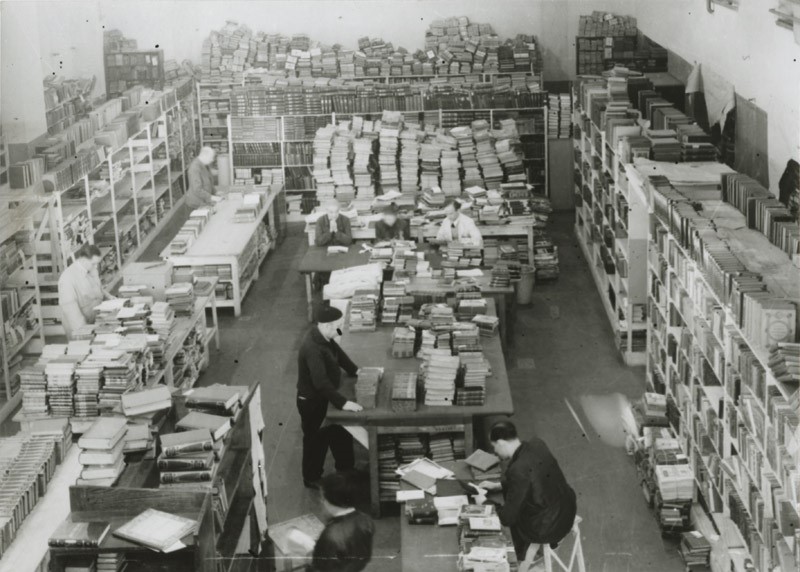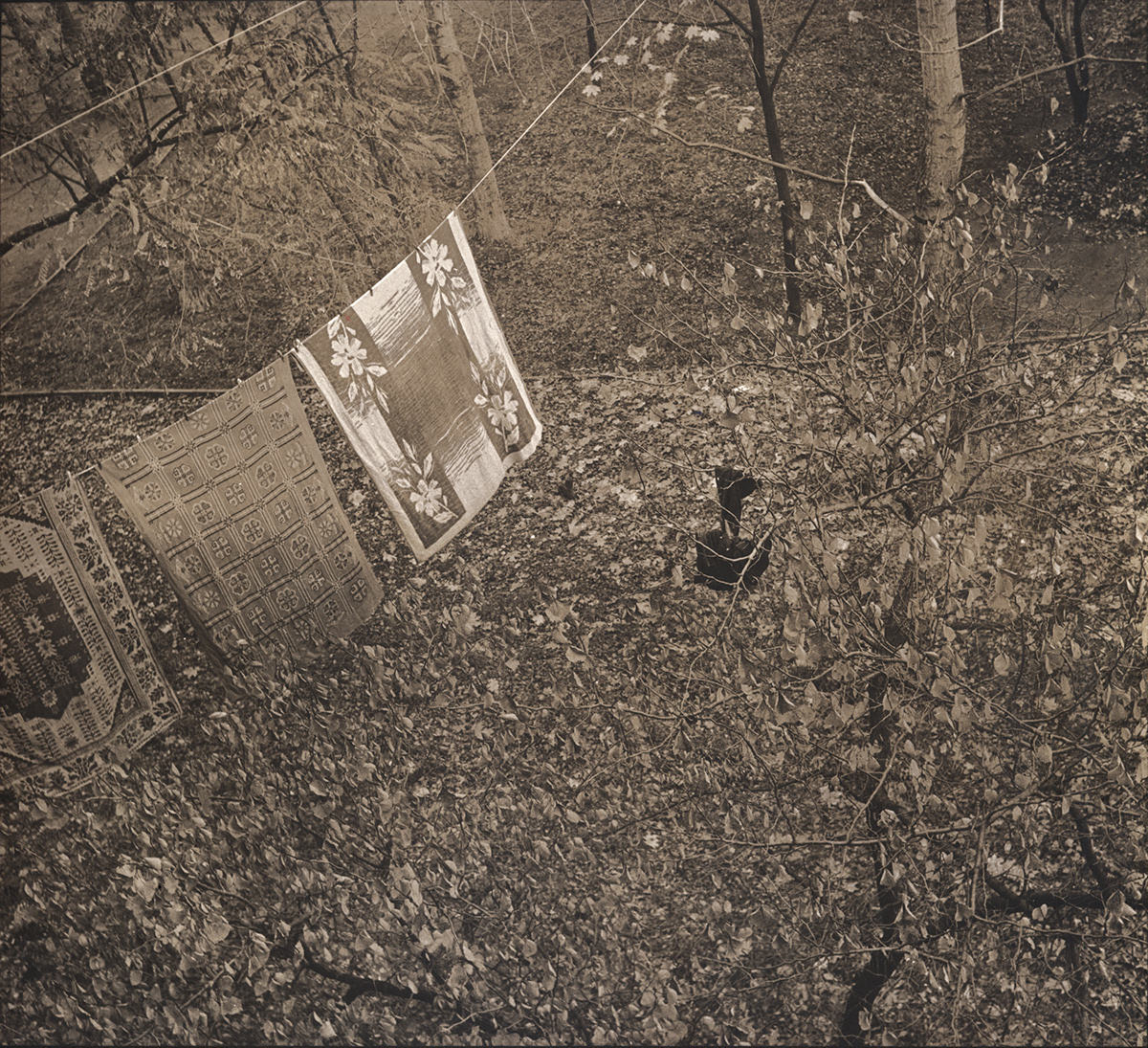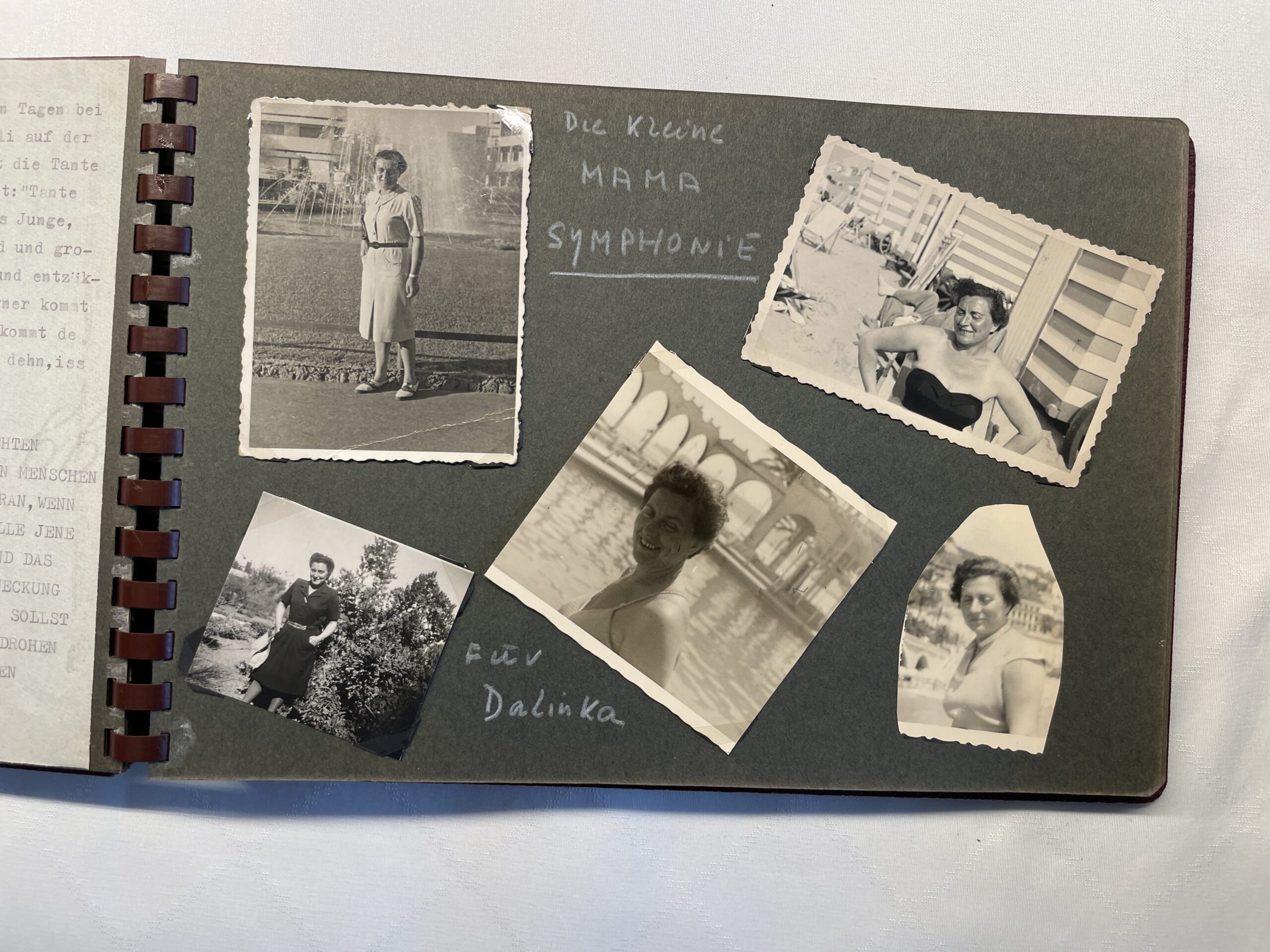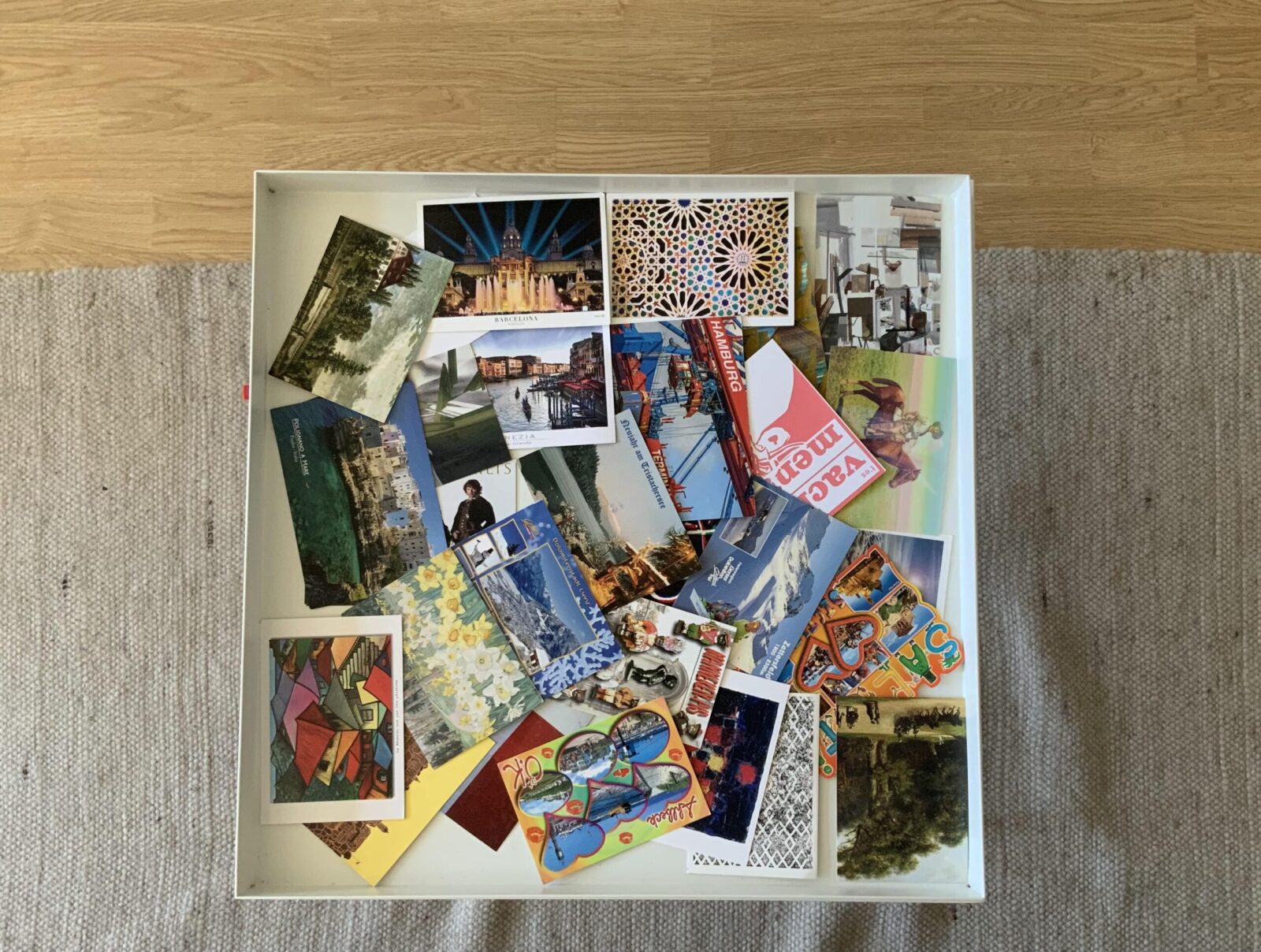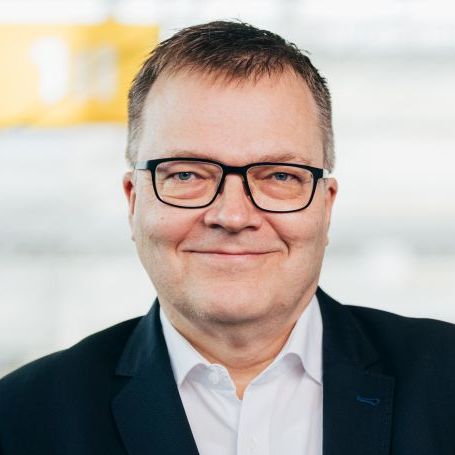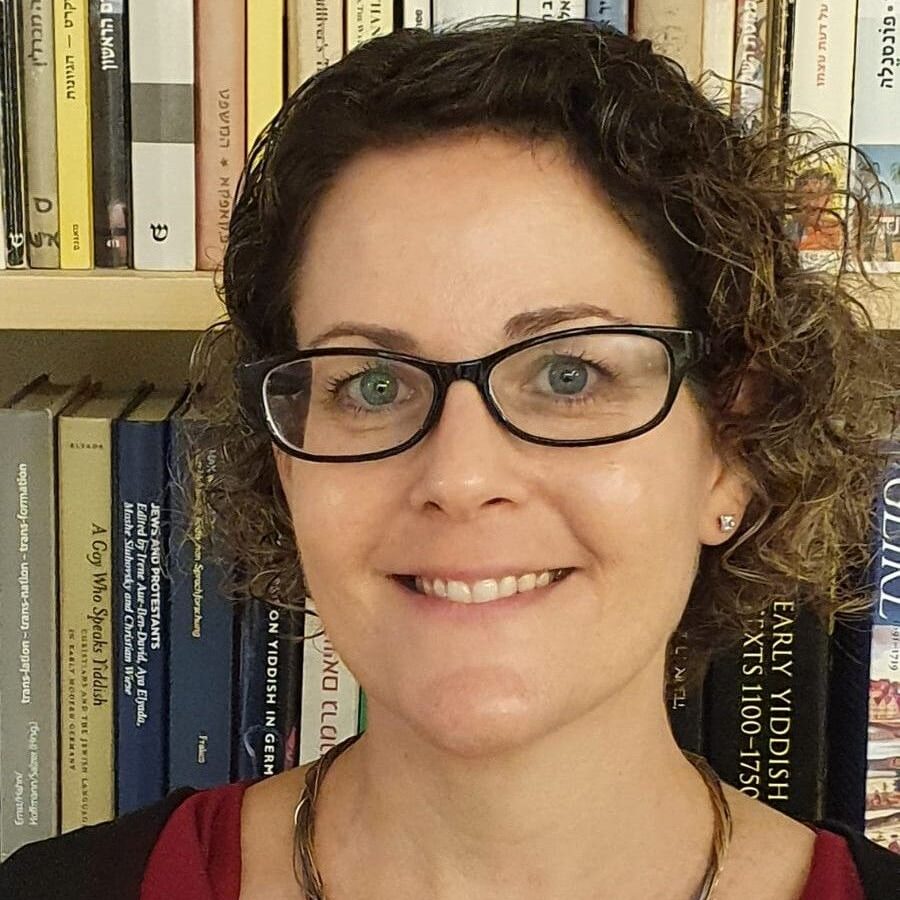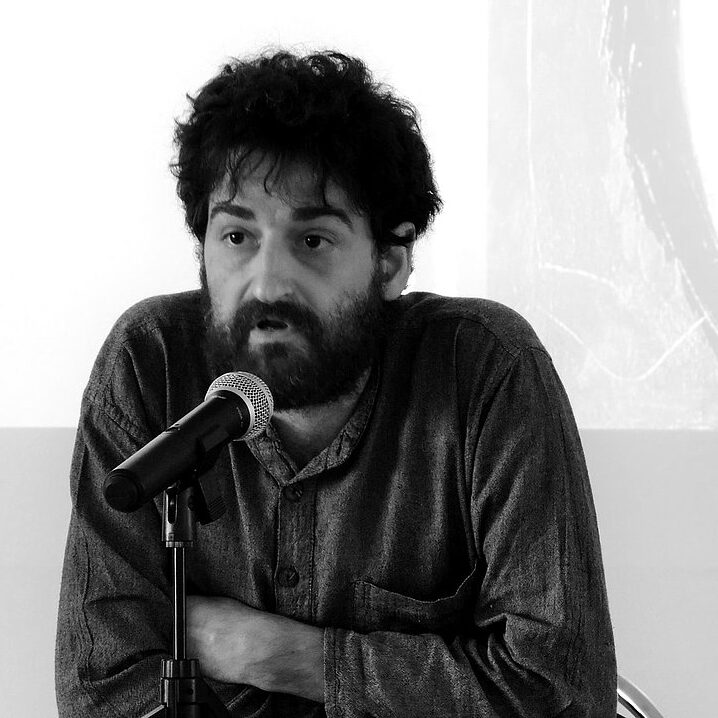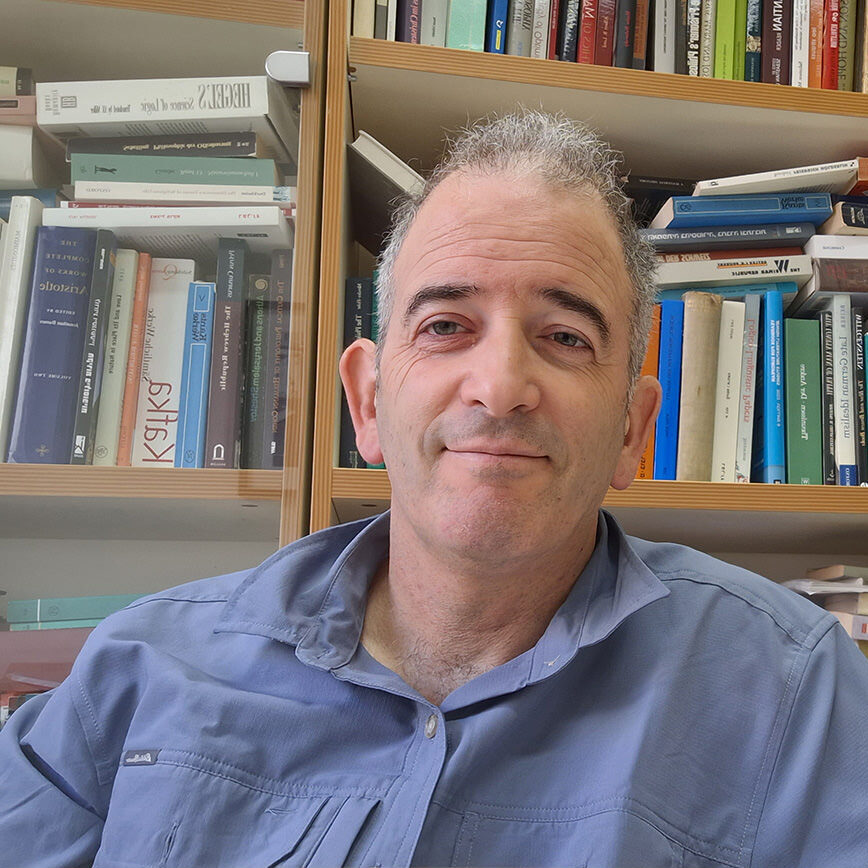Cluster Text
Texts as objects in various forms have always been central to Jewish life. The Text cluster focuses on the material life of texts in Jewish European cultures of the 19th and 20th centuries. It also examines the diverse reflections on materiality in Jewish literary and philosophical texts of this period. Another research focus is the exploration of connections between the material dimension, the word and the idea. In this way, the Text cluster opens up possibilities for testing new theoretical and methodological approaches to literary, intellectual and social history, cultural studies and philosophy.
The Text cluster is particularly concerned with the practices of producing, collecting and translating Jewish texts. Key areas of research include studies of Jewish script culture, the culture of Jewish publishing, and the dissemination of Jewish books in 19th and 20th-century Europe. Research explores the various ways in which the material nature of texts influences their content. Investigations cover aspects of typography, the intermedial relationship between text and image, the changing forms and materials of the written pages and their illustrations in different Jewish contexts.
Studies in the theories and practices of the Jewish collecting culture examine how collections influence the horizons of meaning in written texts through contextualization, hierarchy and organization. Research projects in this area focus on processes of canonization, the organization and reorganization of knowledge within Jewish institutions, as well as the problematic trajectories of collections during and after the Holocaust and the resulting possibilities of remembrance and forgetting.
Finally, the cluster Text explores the role of translation in the migration and circulation of Jewish texts across cultural and political boundaries. This includes phenomena of multilingualism (e.g. between Hebrew, Yiddish and other European languages), the exchange of texts through translation among Jewish and non-Jewish language cultures, and the related changes in usage through de- and recontextualization.

The personal papers of Blumental, a survivor of the Holocaust, reveals how he cracked the Nazi doublespeak for mass murder. (Photo: Vincent Tullo/The New York Times)
Research Projects
Project: The Written Silent, the Visible Absence, and the Text in the Written after 1945 – Materiality of Catastrophe, Exile and Belonging in Barbara Honigmann’s Writings
Researcher: Thekla Elise Funke
Supervision: Maren Möhring, Benjamin Pollock
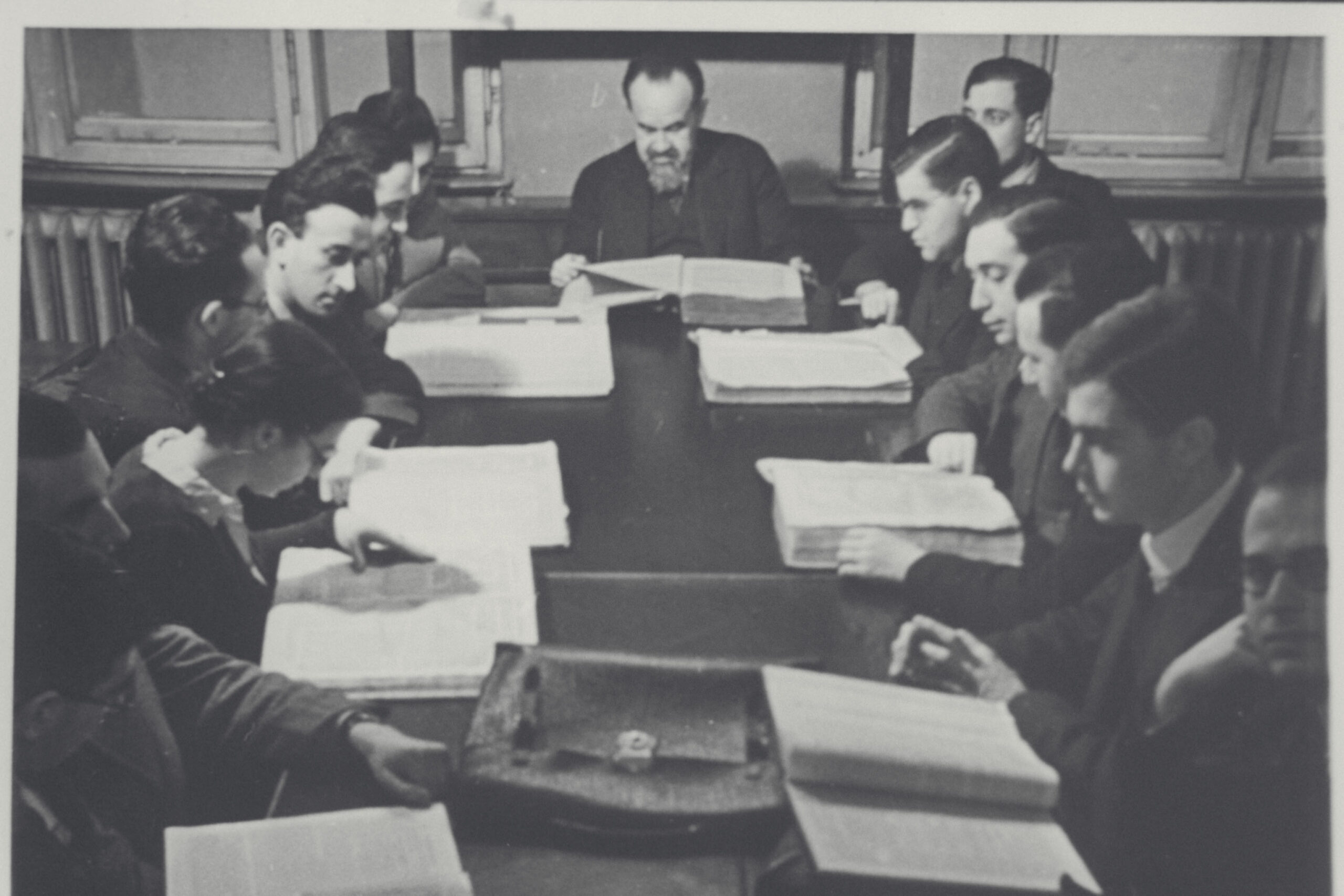
Project: Places of Jewish Knowledge – The Wissenschaft des Judentums and its Material Sites in Berlin’s Urban Landscape, 1871–1961
Researcher: Sophie Rabenow
Supervision: Aya Elyada, Elisabeth Gallas
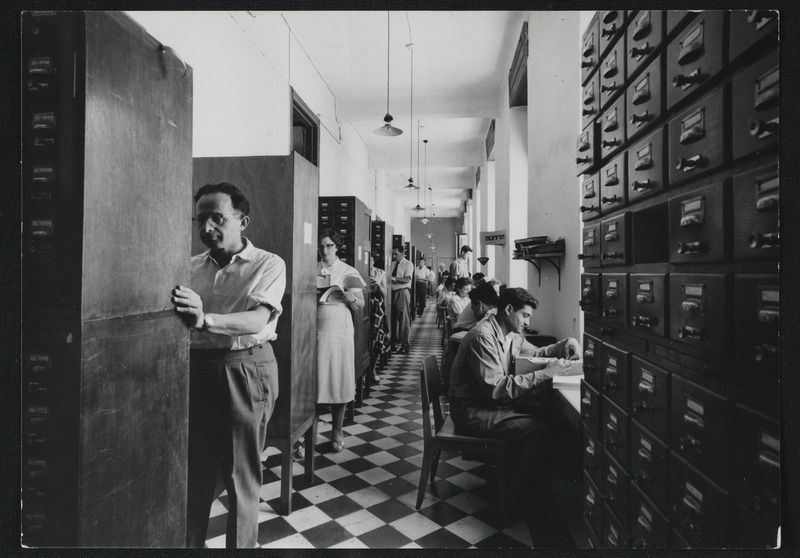
Project: Aufbau im Übergang – Curt Wormann and the Jewish National and University Library between Nation-building and Cultural Diplomacy
Researcher: Leon Christopher Thiel
Supervision: Dieter Burdorf, Benjamin Pollock, Dirk van Laak
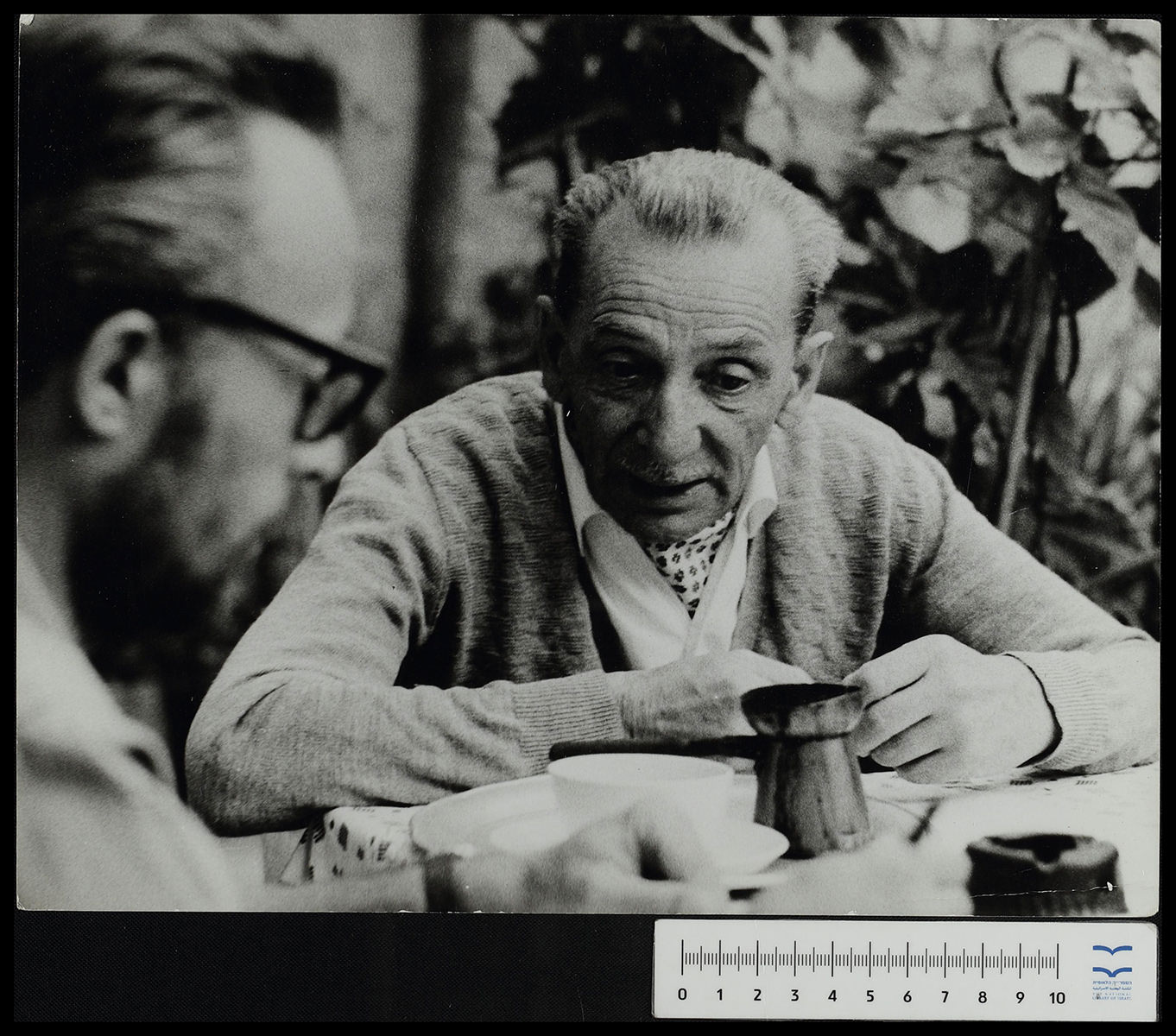
Project: To Change, Question, and Criticize – Concepts of a ‘Werk’ and Concepts of Objects in Illustrated Magazines in Berlin and Vienna during the 1920s.
Researcher: Lena Sophie Voss
Supervision: Dieter Burdorf, Benjamin Pollock
Supervisors

